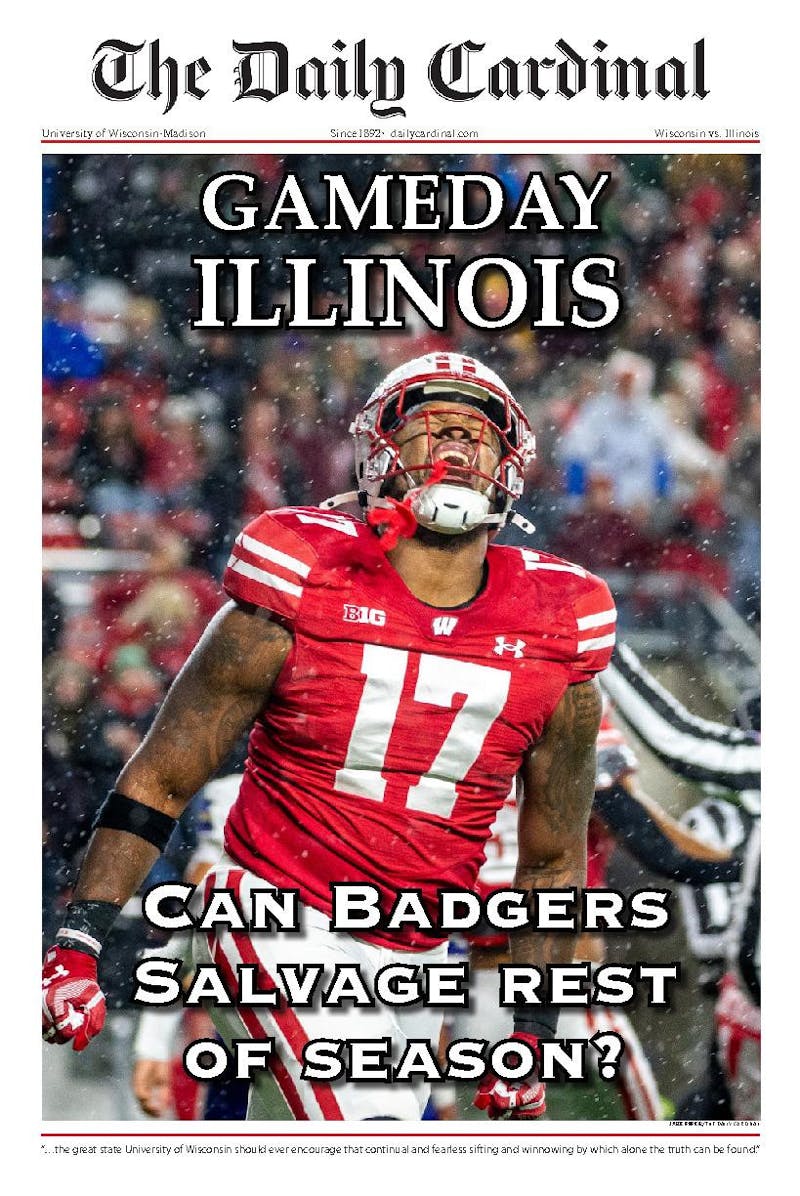Chuck Palahniuk may well be the most divisive writer in contemporary fiction—in fact, calling him a nouveau William S. Burroughs would not be inappropriate. The minimalist style and social commentary of his novels ""Fight Club"" and ""Choke"" has inspired a legion of young writers, while the gruesome language typified in his story collection ""Haunted"" has sent audiences at his readings scampering to the door.
His latest novel ""Rant: An Oral Biography of Buster Casey"" does little to settle this debate—it will rally his fans more than any other title, and push away detractors with its schizophrenic format. Palahniuk is pulling out all of his considerable tools, blending scientific fact and science fiction to create a startling piece of literature.
""Rant's"" title comes from its main character, the recently deceased Buster ""Rant"" Casey. Taking the form of an oral biography, each chapter of the book is presented as a series of interviews with those who knew Rant in life. A small-town boy with a passion for insect bites and rare coins, Rant is drawn into the world of Party Crashing—demolition derbies played out on late-night city streets where each crash feels like a split second of immortality.
Burroughs once said of Ernest Hemingway that he was a prisoner of his own style, and ""Rant"" makes it clear that Palahniuk, for better or worse, inhabits that same prison. Once again, his main character is a pariah who rejects society's vision of reality, while his love interest is a woman who defies moral taboos on a daily basis. Even the oral biography format can't change this tone—Rant's acquaintances are each unique voices, but still sound like characters existing only in Palahniuk novels.
Half of the book could be seen as ""Fight Club"" with cars, but the second half is where things get interesting. Palahniuk transforms the novel into science fiction, splitting society into two castes based on night and day and implanting its members with entertainment-accessing ports in their heads. His world feels oddly realistic, most likely due to its basis on the very real themes of apathy and alienation.
More than these details, however, Palahniuk pushes the envelope with a focus on time travel to an extent not seen since Kurt Vonnegut. Going off Rant's experimental/anarchistic views (""The future you have, tomorrow, won't be the same one you had, yesterday""), the novel asks the serious question of just how subjective our place in the timeline is and just how easy it would be for us to change that.
It's a highly complicated mix of topics, and it's to Palahniuk's credit that he can hold it all together. Regardless of opinions on style, Palahniuk is an immensely talented writer who supports his story with brilliant images and real-world research. Few other authors would come up with identifying STDs by taste in one chapter, offer a timeline of epidemics in the next and then debate the possibility of traveling through time simply by willing it.
No other author could have done what Palahniuk has done with ""Rant,"" and he deserves recognition for creating a book of this complexity. It may take multiple reads to interpret exactly what happens—and this may push away the more casual readers—but those who stick with it will be hit with something they've never seen before.





